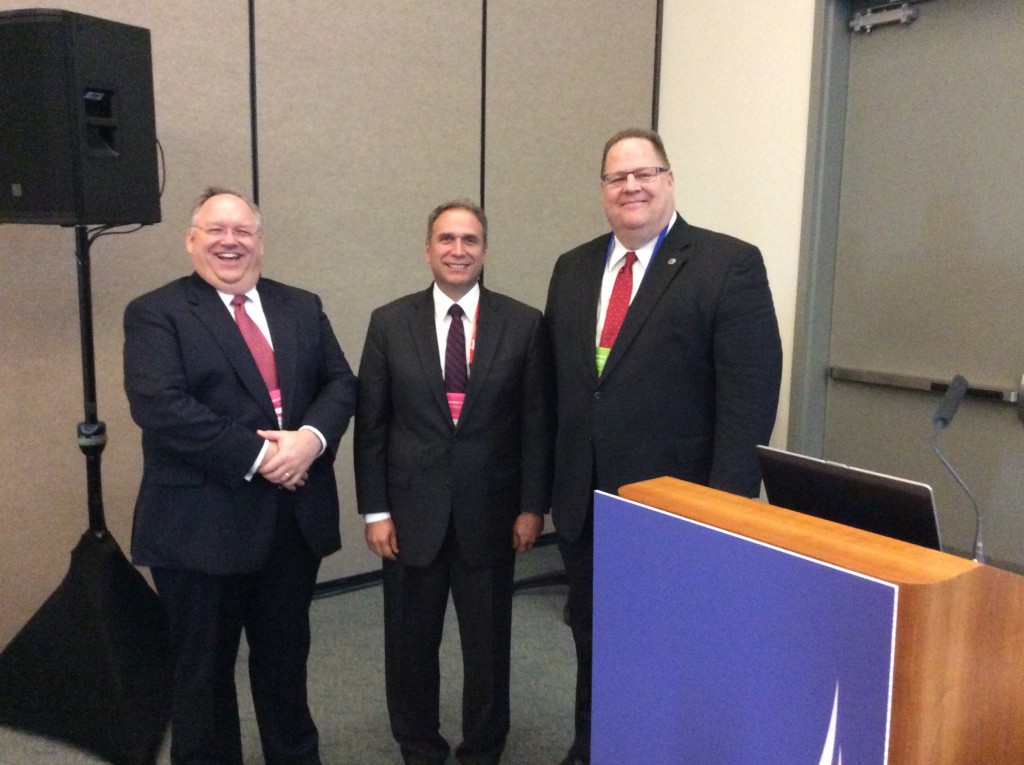Medicaid: The next MSP Compliance challenge
At the 2016 RIMS Annual Conference, a panel presented a session highlighting the latest challenges in Medicare Secondary Payer Compliance. The panel was:
- John Burkholder – Director Risk Management, Broward County Board of County Commissioners
- Cliff Connor – Vice President Medicare Compliance, Gallagher Bassett Services
- Roy Franco – Chief Legal Officer, Franco Signor LLC
The expansion of Medicaid under the Affordable Care Act is leading to a new avenue of Medicare Secondary Compliance which is coming from the Medicaid side. Medicaid has always been a state administered program, but the Federal government pays a significant percentage of the claims.
The Medicaid program has an automatic recovery rights against any potential secondary payers. Federal law requires that each state have a plan to pursue third party recovery that is available for any Medicaid recipient. Given the Federal budget issues and the significant amount of money spent on Medicare and Medicaid, the government is very aggressive in pursuing recovery against secondary payers.
While CMS has been aggressively pursuing recovery for Medicare payments since the Deficit Reduction Act of 2005, it is only in the last couple of years that we are seeing Medicaid pursuing recovery. The reason for the delay is access to data. The 2005 legislation required states to collect and report state workers’ compensation and auto accident claim data so that CMS could identify potential secondary payers. However, until recently Medicaid which is state administered was not interfacing their data with this federal database.
Under the terms of the SMART act, CMS is limited to a three-year statute of limitations to pursue recovery under Medicare payments. However, there is not statutory language around Medicaid recovery. It remains to be seen how far back state Medicaid programs will try to reach back to make recoveries. Because these are state programs, we could end up with 50 different rules around recovery and statutes of limitations. Medicaid compliance will be much more complicated than Medicare compliance because of the state by state variation.
Medicaid only has recovery rights for payments made. Unlike Medicare, they cannot make settlement funds be set-aside for potential future payments. That is because Medicaid eligibility is guaranteed if you meet the requirements, but Medicare eligibility is income based. No one is guaranteed Medicaid eligibility in the future and their eligibility is reviewed on a regular basis.
Rhode Island was one of the first states to begin pursuing Medicaid recovery against secondary payers. They developed laws around this and contracted with a third party vendor (ISO) who is identifying the potential recovery opportunities and pursuing them. Other states are now contracting with that same provider.
NCOIL (National Conference of Insurance Regulators) is focused on developing model legislation for states to use for Medicaid recoveries. It is hopeful that NCOIL can establish some level of consistency between the states which would make compliance in this area much easier. However, right now NCOIL is focused only on liability claims and not workers’ compensation.
The bottom line is that Medicaid compliance is an emerging issue that payers needing to be paying careful attention to. This is going to be much more complicated than Medicare compliance due to the potential state by state variations.


